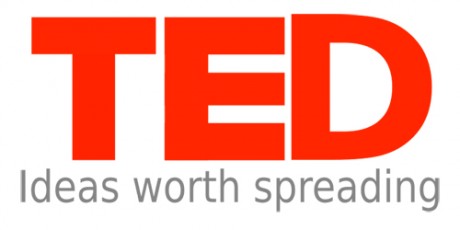
As the last of the 2013 Ted Talks wrap-up this week, we wanted to share the top 5 Ted Talks that will inspire nonprofit professionals, do-gooders and activists to think, communicate and live with purpose. At Douglas Gould and Company, we are always thinking of ways to best use communications strategies to advance excellent causes. Here’s a look at what inspires and motivates us! What are you inspired by?

1. Melinda Gates: Let’s Put Birth Control Back on the Agenda
Melinda Gates’ Ted Talk advocating to put family planning back on the global agenda reveals her as an impassioned advocate for women seeking to control their own fertility. We couldn’t have asked for a more articulate and prominent spokesperson for the cause of women’s health, privacy and access to reproductive health services. I appreciate how she mixes statistics with powerful stories that illustrate the obstacles couples face. She reveals her own warmth, passion and vulnerability along with a tremendous knowledge of the issues. Watch it here. – Douglas Gould
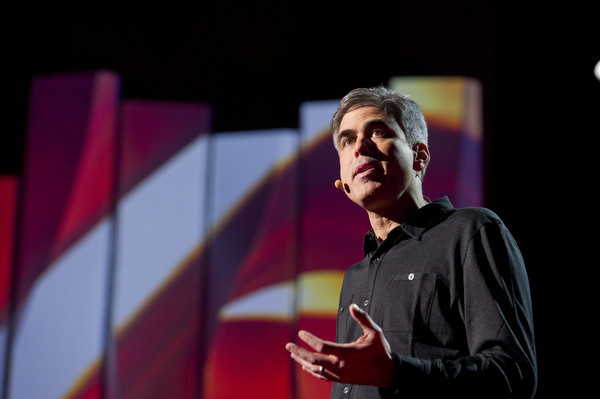
2. Jonathan Haidt: The Moral Roots of Liberals and Conservatives
We will never create public policy change until we truly understand what makes people think, feel and act the way they do. Culture is the hardest thing to change, and the most important concept to understand. For this reason, I’ve become a big fan of Jonathan Haidt, a social psychologist who recently came to NYU by way of the University of Virginia. He’s written two fascinating books, The Righteous Mind and The Happiness Hypothesis. This talk introduces the key ideas beyond his theories about what core values triggers liberals and conservatives. Watch it here. – Jennifer Hahn
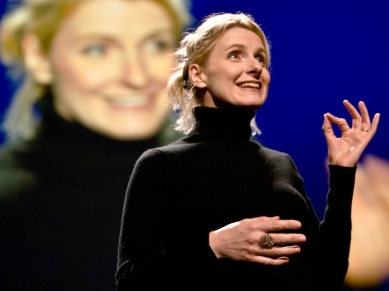
3. Elizabeth Gilbert: Your Elusive Creative Genius
New York Times bestselling author Elizabeth Gilbert delivers an engaging Ted Talk about creativity, the creative process and what it means to have a genius. As an author, Gilbert is a master story teller and effortlessly communicates about spirituality, philosophy and history. She infuses her talk with equal notes of humor and wonder. She is humble, and I find I can easily relate to her even though she and I are worlds apart. I appreciate her simplicity – no slides necessary, no props. Heck, even her clothes are simply understated. I’m dying to ask her, how many times she practiced this delivery before she took the stage? Watch it here. – Megan Freed
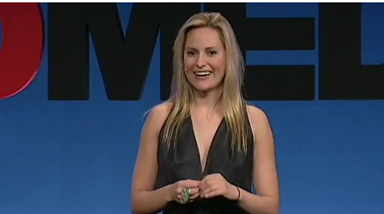
4. Aimee Mullins: The Opportunity of Adversity
Aimee Mullins, Paralympic Games record-holder, actor and model is an international spokesperson for a new way of thinking about disability, prosthetics and difference. Using her own personal story to launch an immensely powerful conversation about the power of words and their connotations, Amy combines persuasion, logic and emotion to challenge the way ability and disability are defined. Her story of looking up the word “disability” in the Dictionary is powerful and thought-provoking, and sets the stage for a discussion on adversity. This served as an important reminder about the power of words, which as a communications professional, I deal with on a daily basis. Many of our clients also work with and advocate for people with disabilities and it is an inspiring example of the work they do on a daily basis. Watch it here. – Lauren Weybrew
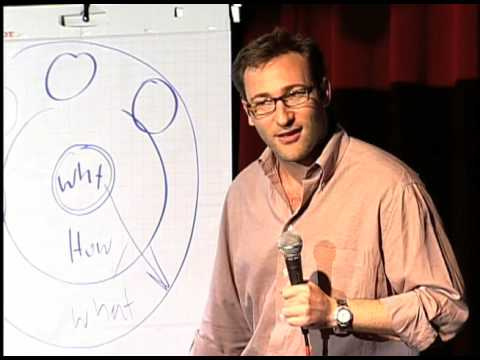
5. Simon Sinek: How Great Leaders Inspire Action
Simon Sinek, author of Start With Why illustrates how leaders move others to believe in their cause. As a nonprofit communications professional, I was particularly interested in what he had to say. His talk synthesizes storytelling, history, and biology in a simple way to explain what he’s most famous for, The Golden Circle. The heart of his concept is about motivating people by beliefs, not by product or result. And he shows, The Golden Circle played a critical role in distinguishing Steve Jobs, The Wright Brothers, and Martin Luther King Jr. as innovative and powerful leaders. Sinek’s straightforward use of visuals and his strategic repetition makes his message profoundly clear. Watch it here. – Marguerite Ward